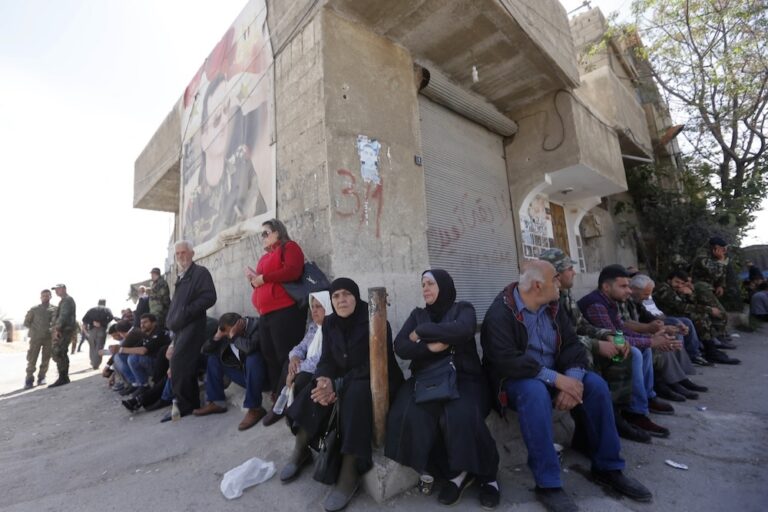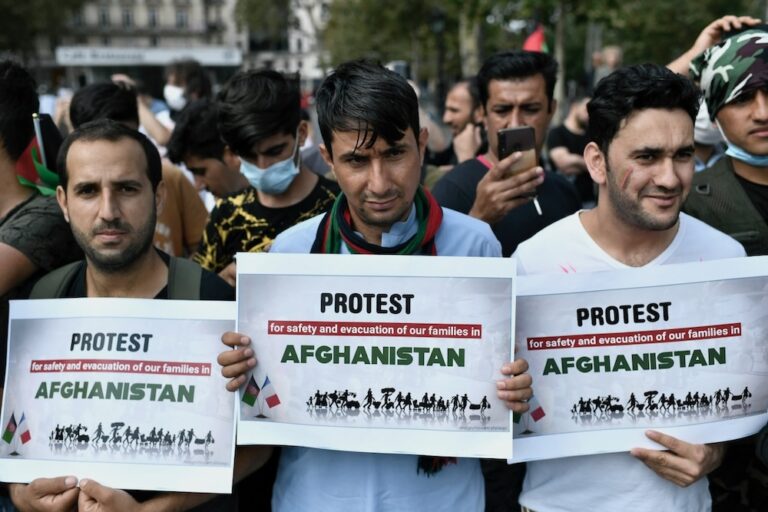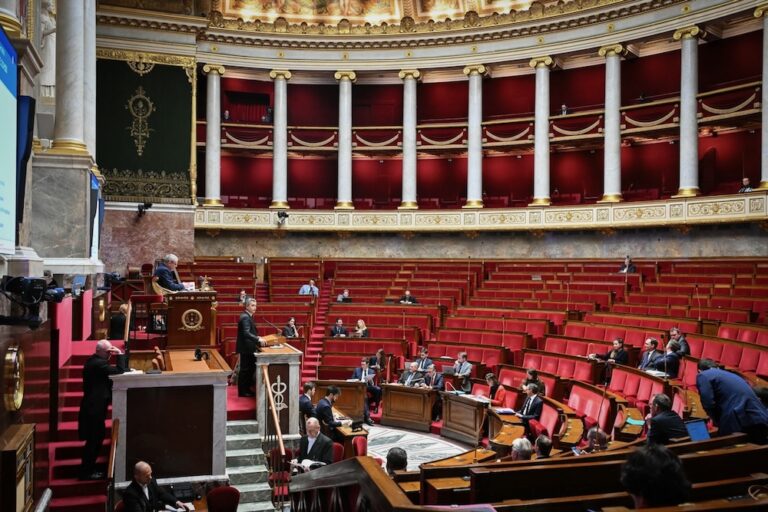(RSF/IFEX) – Cuban Vice-President Carlos Lage is currently in Paris on a state visit (from 21 to 25 September). On this occasion, RSF is asking his French hosts — President Jacques Chirac, Prime Minister Lionel Jospin, Senate head René Monory and Charles Josselin, Foreign Minister and Minister responsible for relations with the Francophonie — to […]
(RSF/IFEX) – Cuban Vice-President Carlos Lage is currently in Paris on a
state visit (from 21 to 25 September). On this occasion, RSF is asking his
French hosts — President Jacques Chirac, Prime Minister Lionel Jospin,
Senate head René Monory and Charles Josselin, Foreign Minister and Minister
responsible for relations with the Francophonie — to intervene with Lage
and seek the release of two journalists jailed in Cuba.
**For background to cases, see IFEX alerts of 1st September, 29 April, 16
March, 21 and 16 January 1998; 17 October, 18 September and 21 August 1997**
Three years after the 1995 creation of the first independent news agencies
in Cuba, Cuban State Security is still harassing journalists. Since 1st
January 1997, 14 journalists have been detained, 45 have been questioned or
threatened by authorities and at least five others have been forced into
exile after their release from jail. Today, two are still in prison:
Bernardo Arévalo Padron, railroad technician and founder of the Línea Sur
Press independent news agency in Aguada de Pasajeros, and Lorenzo Paez
Nuñez, a math professor and correspondent of the Independent Press Bureau of
Cuba (BPIC) in Artemisa.
On 28 November 1997, Arévalo Padron was sentenced on appeal to six years in
jail. The Cienfuegos court convicted him for “lack of respect” (“desacato”)
for President Fidel Castro and for Lage. In an interview on a Miami radio
station, Arévalo Padron had called them “liars;” in his opinion, they were
not respecting a 1996 Ibero-American Summit agreement signed by Castro.
On 11 July 1997, Paez Nuñez was sentenced to 18 months’ imprisonment for
“lack of respect” (“desacato”) for the National Police and for “defamation.”
He is accused of distributing “false news” on a clash between police and
youth during festivities marking the end of the sugar harvest (the zafra).
His trial lasted only a day and he was denied the right to an attorney. He
is currently detained in the “km 5,5” prison, near Pinar del Río (see IFEX
alerts).
In Cuba, typewriters must be declared, and no dissident news bulletin is
allowed to circulate. As such, publications like the 1970s Soviet
“samizdats” have never seen the light of day. Owning a fax machine or
photocopier without authorization can lead to jail. The Department of
Revolutionary Orientation controls all that is published in state-run media
outlets. Internet access is strictly regulated.


